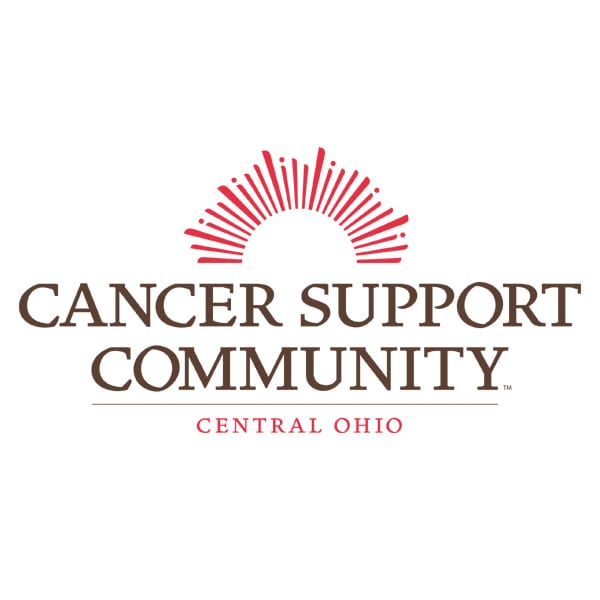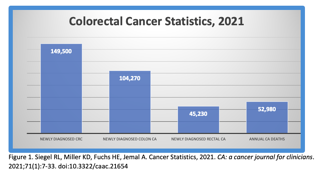The Battle Against Breast Cancer: The Power of Community Support
In the realm of healthcare and medical journeys, none might be more personal and challenging than a diagnosis of breast cancer. It's a life-altering...
3 min read
 Cancer Support Community
Jul 31, 2023 3:01:44 PM
Cancer Support Community
Jul 31, 2023 3:01:44 PM

When navigating the complex journey of a cancer diagnosis, wellness often seems like an elusive concept. However, focusing on good nutrition and maintaining a balanced diet can play a pivotal role in improving overall health and well-being. Not only can the right foods help manage the side effects of treatment, but they can also support recovery and improve quality of life.
Let's delve into the world of Cooking for Wellness.
There's a common saying, "You are what you eat." This holds especially true for individuals dealing with cancer. Proper nutrition can enhance the body's ability to fight the disease, mitigate the side effects of treatments like chemotherapy and radiation, and accelerate recovery.
Moreover, a balanced diet can boost mental health, help maintain a healthy weight, and provide the energy needed for daily activities. It helps to empower the body and the mind, strengthening resilience during a trying period.
A well-rounded, cancer-fighting diet consists of a mix of the following nutrients:
Proteins: They help repair body tissue and support a strong immune system. They can be found in lean meats, fish, eggs, beans, nuts, and dairy products.
Carbohydrates: These provide the energy your body needs to function well. Choose complex carbs like whole grains, legumes, and fruits.
Fats: The right fats, like those found in avocados, nuts, seeds, and olive oil, can help your body absorb vital nutrients.
Vitamins and Minerals: These support the body's functions and boost the immune system. Eat a variety of fruits, vegetables, and lean meats to ensure you get a wide range.
Water and other fluids: Hydration is crucial in supporting all body functions, including digestion and absorption of nutrients.
Here are some tips to help you cook for wellness:
Focus on Whole Foods: As much as possible, base your diet on whole, unprocessed foods. These retain the maximum amount of nutrients, providing your body with all the vital elements it needs.
Eat the Rainbow: Different colored fruits and vegetables provide different types of nutrients. Try to include a variety of colors in your meals.
Mindful Preparation: Use cooking methods like steaming, poaching, grilling, and roasting to preserve nutrients. Avoid deep frying or using excessive amounts of fat.
Manage Portion Sizes: Even healthy food can lead to weight gain if you eat too much. Be mindful of portion sizes to maintain a healthy weight.
Experiment with Flavors: If treatments have altered your sense of taste, don't hesitate to experiment with herbs, spices, and flavorings to make food more appealing.
Cancer Support Community Central Ohio offers various resources, including cooking classes and nutrition workshops that can provide practical skills and education on cooking for wellness. These classes are guided by professional nutritionists and chefs who understand the unique needs of individuals dealing with cancer. We share most recipes from our Cooking For Wellness program here. For more information, visit our website or contact our awesome team.
Living with cancer is challenging, but through optimal nutrition and cooking for wellness, we can enhance our ability to manage this journey. Remember, everyone's dietary needs and tastes are unique, and there's no one-size-fits-all approach. Learn more about the programs and services available at no cost through Cancer Support Community Central Ohio. You may also wish to sign up for our bi-monthly newsletter featuring programs, support groups, and recipes from our cooking and nutrition programming.
American Institute of Cancer Research: The latest and most authoritative scientific research from around the world on cancer prevention and survival through diet, weight, and physical activity, so that we can help people make informed lifestyle choices to reduce their cancer risk. www.aicr.org
American Cancer Society: This organization provides a wealth of information on cancer, including nutrition and physical activity guidelines for cancer survivors. American Cancer Society: www.cancer.org
National Cancer Institute: This is the U.S. government's principal agency for cancer research. It offers various resources related to cancer and diet, including managing symptoms and side effects, as well as nutritional considerations during and after treatment. www.cancer.gov
Cancer.Net: This is the patient information website of the American Society of Clinical Oncology (ASCO), and it provides credible, comprehensive information on all aspects of cancer, including nutrition recommendations. www.cancer.net
Academy of Nutrition and Dietetics: Their website provides a variety of articles and resources on nutrition for cancer patients. www.eatright.org
Cancer Support Community is a national nonprofit network offering support, education, and hope to people affected by cancer. They have numerous resources, including a section dedicated to diet and nutrition. www.cancersupportcommunity.org

In the realm of healthcare and medical journeys, none might be more personal and challenging than a diagnosis of breast cancer. It's a life-altering...

What is peripheral neuropathy? Peripheral neuropathy is a common side effect of cancer and its treatments, affecting many patients during and after...

Colorectal cancer by the numbers Globally, colorectal cancer (CRC) is the 2nd most common cancer in females and the 3rd most common cancer in males....